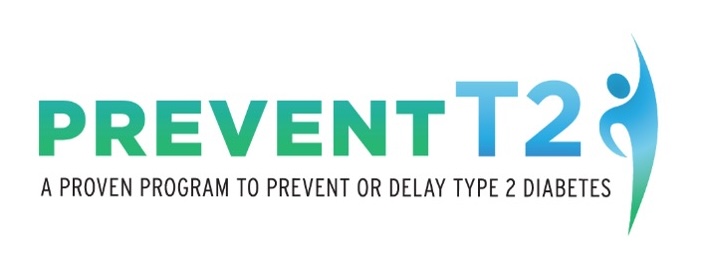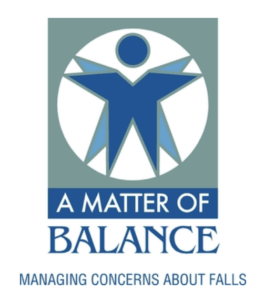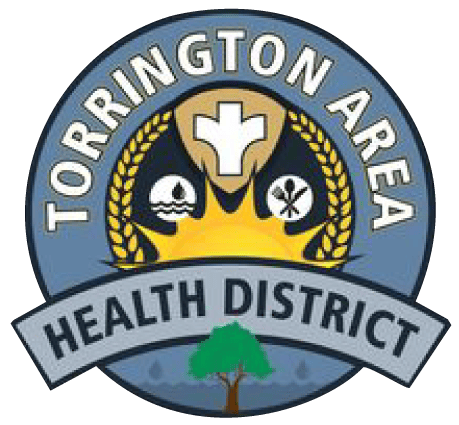Live Well Programs
 Live Well, a Chronic Disease Self-Management Program, is a national evidence-based health promotion program developed by Stanford University. Live Well is for older adults who want to learn how to manage their ongoing health issues, such as diabetes, arthritis, lung and heart disease, chronic pain, anxiety, and depression. Live Well is a workshop series meeting weekly for six weeks and covering topics such as healthy eating, exercise, better balance, decision making, goal setting, effective communication, and much more.
Live Well, a Chronic Disease Self-Management Program, is a national evidence-based health promotion program developed by Stanford University. Live Well is for older adults who want to learn how to manage their ongoing health issues, such as diabetes, arthritis, lung and heart disease, chronic pain, anxiety, and depression. Live Well is a workshop series meeting weekly for six weeks and covering topics such as healthy eating, exercise, better balance, decision making, goal setting, effective communication, and much more.
Participants will make weekly action plans, share experiences, and help each other solve problems they encounter in creating and carrying out their self-management program. Workshops are held in community settings such as senior centers, churches, senior housing, libraries, clinics, and hospitals. The highly interactive workshop is co-facilitated by two trained workshop leaders. Each workshop participant is lent a copy of Living a Healthy Life with Chronic Conditions and a relaxation CD.
For more information on the Chronic Disease Self-Management Program, click here to view the video brought to you by the National Council on Aging.
The program, offered at no cost to the participants, consists of six two-and-a-half-hour sessions. It is open to people who have chronic health conditions.
The program is offered periodically. Class size is limited, and registration is required. Call the Torrington Area Health District at 860-489-0436, extension 314, for more information.
Chronic Disease Self-Management Program (CDSMP)
The Chronic Disease Self-Management Program (CDSMP) is a free workshop given 2½ hours, once a week, for six weeks, in community settings such as senior centers, churches, libraries, and hospitals. People with different chronic health conditions attend the program together. Workshops are facilitated from a highly detailed manual by two trained leaders, one or both of whom may be peers with a chronic health condition. The program teaches self-management techniques which encourage participants to:
• Find better ways of dealing with pain, fatigue, difficult emotions, anxiety, and stress
• Discover easy exercises to help improve or maintain strength and energy
• Improve nutrition
• Learn the appropriate use of medications
• Talk effectively with family, friends, and health professionals
• making informed treatment decisions
• Feel better about life
The process by which Live Well is taught makes it effective. Sessions are highly participative, where mutual support and success build the participants’ confidence in their ability to manage their health and maintain active and fulfilling lives.
Diabetes Self-Management Program (DSMP)
Live Well with Diabetes is for people with type 2 diabetes or pre-diabetes. This evidence-based diabetes self-management program (DSMP) was developed at Stanford University more than 20 years ago. This is a free, six-week workshop which meets for two and a half hours weekly and is led by two trained leaders, one or both of whom are non-health professionals with diabetes themselves. The program teaches self-management techniques for participants, including:
- Techniques to deal with the symptoms of diabetes, such as fatigue, pain, hyper/hypoglycemia, stress, and emotional problems such as depression, anger, fear, and frustration
- Appropriate exercise for maintaining and improving strength and endurance
- Healthy eating
- Appropriate use of medication
- Working more effectively with health care providers
Participants will make weekly action plans, share experiences, and help each other solve problems they encounter in creating and carrying out their self-management program. There are 8-16 participants per workshop.
Chronic Pain Self-Management Program (CPSMP)
Are you experiencing chronic pain brought on by arthritis, stroke, neuropathy, or another condition? If so, this workshop provides you with practical tools to help you develop self-management skills, while giving you the confidence and motivation you need to better manage symptoms and meet the challenges of day-to-day tasks of living with chronic pain.
Classes encourage active participation, where mutual support and success build confidence in your ability to manage your health and maintain active and fulfilling lives. The workshop will not conflict with existing programs or treatment and is designed to enhance regular treatment.
You will learn:
- Techniques to deal with problems such as frustration, fatigue, isolation, and poor sleep
- Appropriate exercise for maintaining and improving strength, flexibility, and endurance
- Appropriate use of medications and how to evaluate new treatment
- How to rest and pace yourself
Prevent T2

Program focus: The Prevent T2 Lifestyle Change Program is a yearlong program designed for people with pre-diabetes. It is also designed for people who are at high risk for type 2 diabetes and want to lower their risk.
Program goals: Prevent T2 helps participants achieve moderate weight loss by eating well and being active.
By the end of the first six months, the goal is for participants to:
►Lose at least 5 to 7 percent of their starting weight
►Get at least 150 minutes of physical activity each week, at a moderate pace or more
By the end of the second six months, the goal is for participants to:
►Keep off the weight they have lost
►Keep working toward their goal weight, if they haven’t reached it
►Lose more weight if they wish
►Keep getting at least 150 minutes of activity each week
Program structure: In order to achieve CDC recognition, your program must last for a full year and complete at least 22 modules.
We suggest meeting:
►Once a week for four months (sessions 1 to 16)
►Every other week for two months (sessions 17 to 20)
►Once a month for six months (sessions 21 to 26)
You can follow a different schedule if you prefer. But you must complete at least 16 sessions in the first 6 months and another 6 sessions in the second 6 months.
Matter of Balance
 Many older adults experience a fear of falling. People who develop this fear often limit their activities, which can result in physical weakness, making the risk of falling even greater.
A Matter of Balance: Managing Concerns About Falls is a program designed to reduce the fear of falling and increase activity levels among older adults. A Matter of Balance includes eight two-hour sessions for a small group led by a trained facilitator. This nationally recognized program was developed at the Roybal Center at Boston University.
During the class, participants learn to:
Many older adults experience a fear of falling. People who develop this fear often limit their activities, which can result in physical weakness, making the risk of falling even greater.
A Matter of Balance: Managing Concerns About Falls is a program designed to reduce the fear of falling and increase activity levels among older adults. A Matter of Balance includes eight two-hour sessions for a small group led by a trained facilitator. This nationally recognized program was developed at the Roybal Center at Boston University.
During the class, participants learn to:
- View falls as controllable
- Set goals for increasing activity
- Make changes to reduce fall risk at home
- Exercise to increase strength and balance
- Are concerned about falls
- Have sustained falls in the past
- Restrict activities because of concerns about falling
- Are interested in improving flexibility, balance, and strength
- Are age 60 or older, ambulatory, and able to problem solve
JUMP TO:
- Chronic Disease Self-Management
- Diabetes Self-Management
- Chronic Pain
